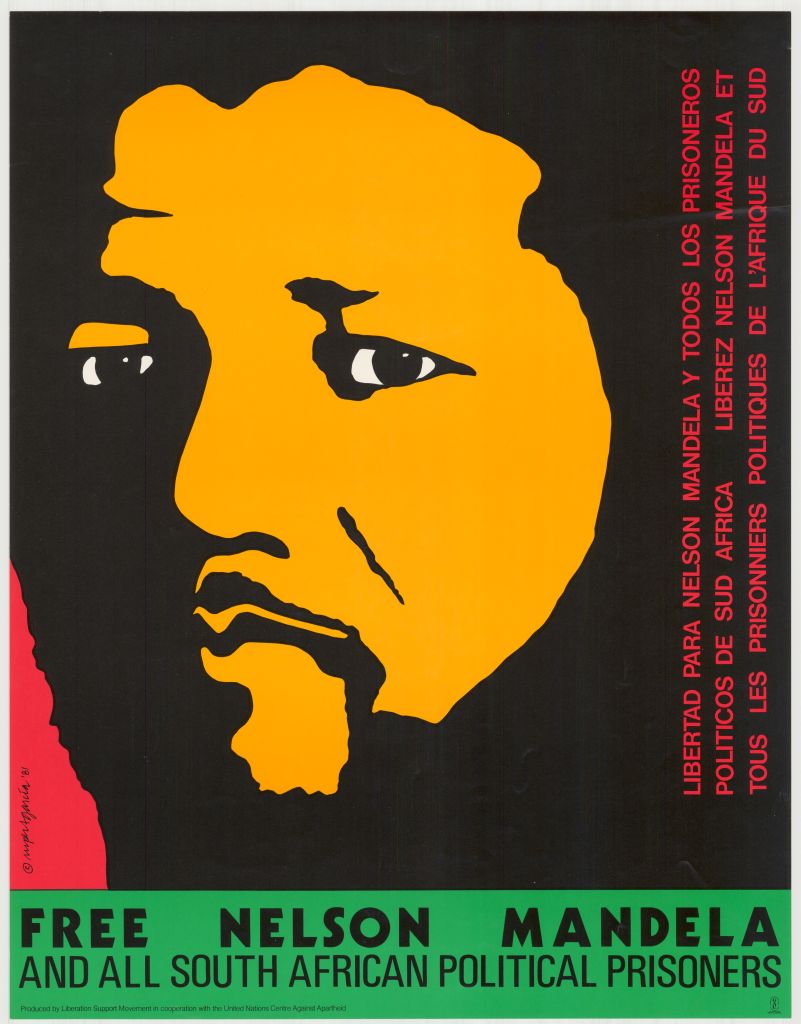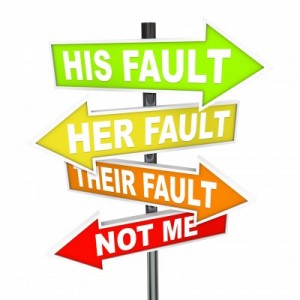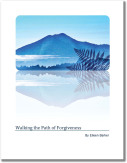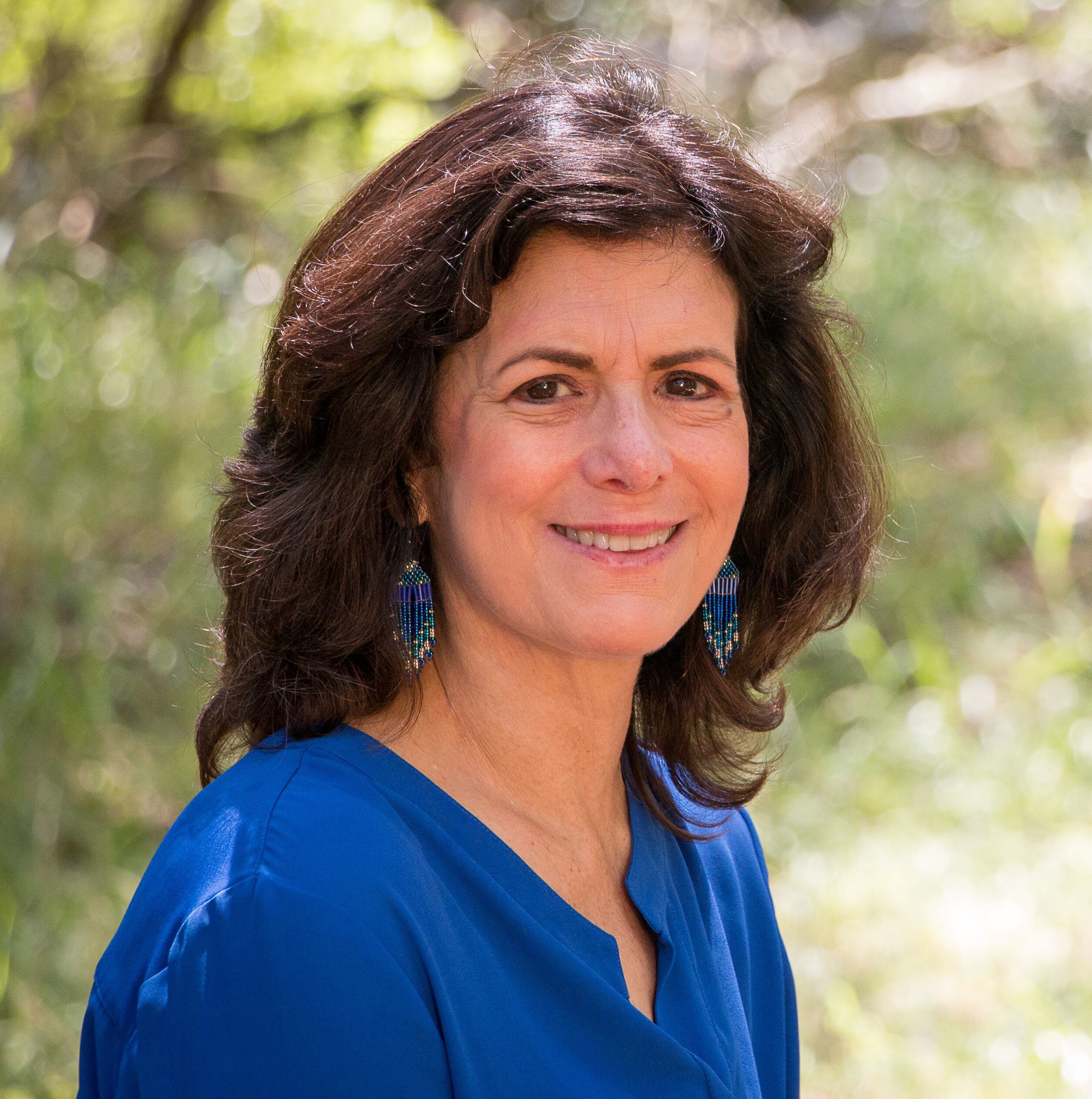
Dear Nelson Mandela –
As the world marks your passing, I too want to sing your praises, but mostly I want to thank you –for inspiring me to learn about and practice forgiveness, and share this gift with others.
I first heard your name back in the 1970s. ‘Free Mandela’ posters were all over my college campus of Indiana University. The posters claimed you were a political prisoner, while the newspapers portrayed you as an evil terrorist. I really didn’t know what to make of it. A decade later, I learned about apartheid, and later still, that the apartheid government ended, but all of this seemed of little consequence to my life.
That started to change when I began co-teaching with John Ford, a South African colleague, in 2002. Through him, I started learning about South Africa, the ending of apartheid and the Truth and Reconciliation Commission.
Inspired to read your autobiography, Long Walk to Freedom, I learned that you were born to a royal family, received a good education, and became a lawyer. Through your eyes, I heard the story of the African National Congress and your arrest in 1964, and learned of the harsh conditions of your 27 year prison term at Robben Island: that you slept on a bare floor in a small cell, with only a bucket for a toilet; that food was paltry at best, that you were forced to do hard labor in a rock quarry, often in the blistering sun; and that you were allowed only one visitor a year for 30 minutes, and one letter every 6 months.
Despite this oppressive treatment, you did not emerge from prison, as one might expect, with bitterness, anger or vengeance. Instead, you stunned the world by befriending and embracing your political enemies. At your inauguration as President of South Africa in 1994, you invited your prison warden as an honored guest. You went on to establish the Truth and Reconciliation Commission with Archbishop Tutu, encouraging all South Africans to forgive and heal. In short, throughout all that you endured, you kept an open heart.
The way you responded in the face of great personal hardship was hugely inspiring to me and no doubt millions of others. You illuminated a profound possibility for all of us. You put the lie to our false conditioning that tells us our only choices in conflict are to respond with fear, flight or fight. You showed us that there is always a fourth choice, which is to keep your heart open and stay free.
I realize now the irony of those college campus posters. Mandela, you always were free, weren’t you? You freed yourself from within. For me, this is your greatest legacy, teaching us that no matter the circumstances, we can always choose love, forgiveness – and freedom.
Namaste Nelson Mandela. I bow to the great spirit within you that is the great spirit in all of us.
 It’s no secret that the winter holidays are difficult for many people. For some, it’s the stress of family gatherings. For others, the problem is feeling isolated and lonely. Articles abound offering tips for surviving the holidays. They contain some helpful ideas and I’ll give the links below. However, I wonder if we can do more than simply survive the season. What if we can put our discomfort to good use?
It’s no secret that the winter holidays are difficult for many people. For some, it’s the stress of family gatherings. For others, the problem is feeling isolated and lonely. Articles abound offering tips for surviving the holidays. They contain some helpful ideas and I’ll give the links below. However, I wonder if we can do more than simply survive the season. What if we can put our discomfort to good use?
 Sign up for our newsletter and get a complimentary copy of Eileen's book "Walking the Path of Forgiveness"
Sign up for our newsletter and get a complimentary copy of Eileen's book "Walking the Path of Forgiveness" EILEEN BARKER is an internationally recognized mediator, facilitator, forgiveness teacher and pioneer in the movement to integrate emotional healing and forgiveness in conflict resolution. In addition to her popular workshops and retreats, Eileen offers private forgiveness coaching. She is the author of the Forgiveness Workbook.
EILEEN BARKER is an internationally recognized mediator, facilitator, forgiveness teacher and pioneer in the movement to integrate emotional healing and forgiveness in conflict resolution. In addition to her popular workshops and retreats, Eileen offers private forgiveness coaching. She is the author of the Forgiveness Workbook.
